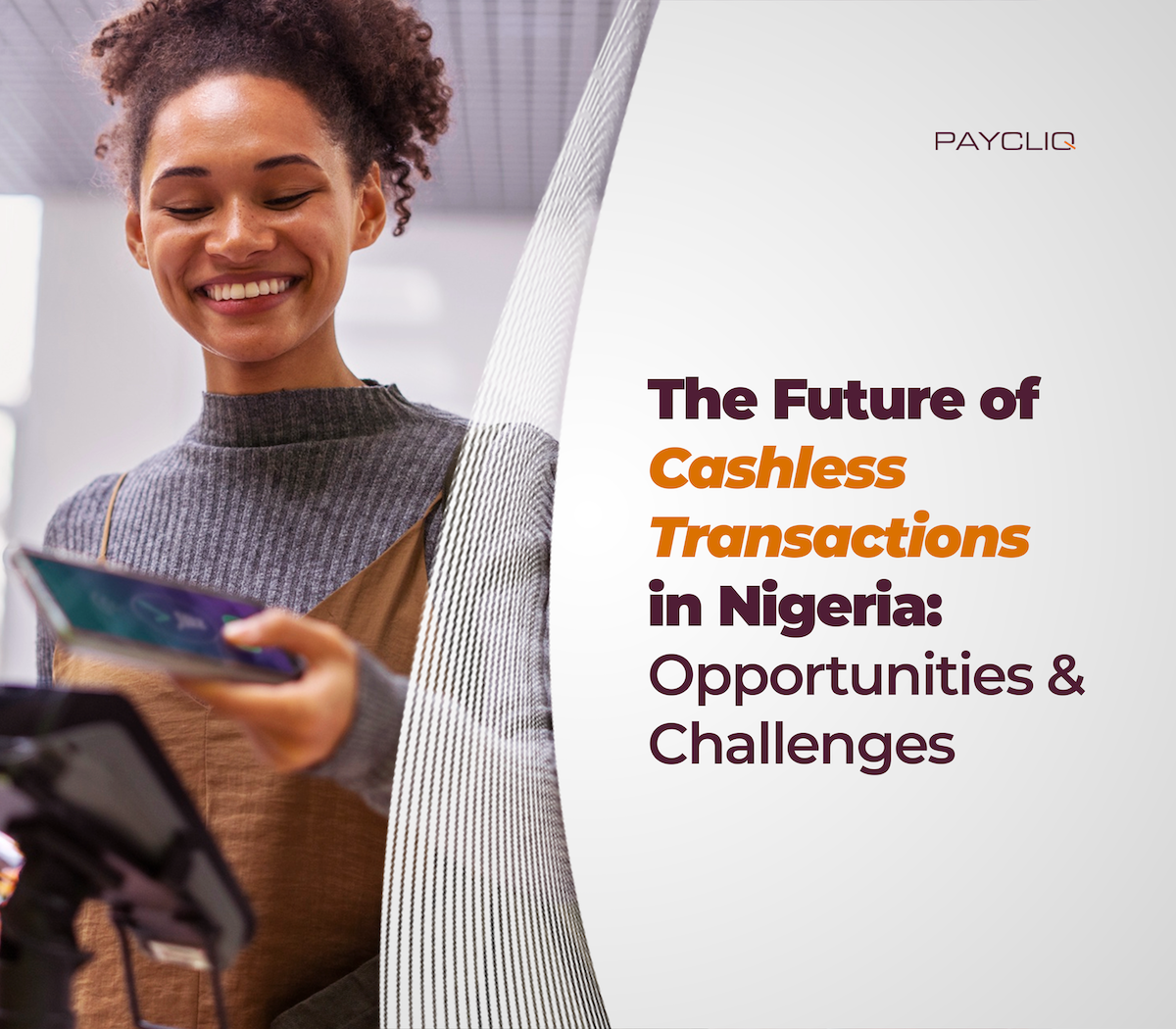Nigeria is at the heart of Africa’s cashless transaction revolution. With a young, tech-savvy population and fast-growing internet use, the nation has become a hub for digital payments and fintech innovation.
Yet, challenges such as low trust in online platforms, weak infrastructure, and complex regulations still stand in the way. This post will explore the cashless economy, the opportunities ahead, and the key hurdles that must be addressed.
Current Trends and Statistics of the Cashless Economy
Digital payments adoption in Nigeria is growing. The figures are a reflection of a country that is gradually moving toward a modern digital payment ecosystem.
- Smartphone penetration: More than 60% of Nigerians use smartphones, which makes digital banking accessible to millions.
- Bank Ownership: About 64% of adults own bank accounts, but mobile money is growing faster in underserved regions.
- Mobile Money Boom: Transactions surged 70% over the past two years.
- E-Payments: The Central Bank of Nigeria (CBN) recorded a 50% rise in e-payments from 2020 to 2022. It went to 79.6% in 2024.
- Cashless policy expansion: The CBN’s policy, launched in 2012, is significant. It has continued to encourage digital adoption nationwide.
Key Drivers of Cashless Policy Adoption
- Digital Transformation: Activities like online shopping, e-commerce, and mobile apps have changed how Nigerians trade and pay.
- Government Policies: The Central Bank of Nigeria supports cashless systems through reforms and awareness programmes.
- Fintech Growth: Local startups are building payment, lending, and savings tools. Hence, the expansion of financial access is significant.
- Pandemic Effect: The COVID-19 pandemic contributed to faster digital adoption. It also normalised cashless payments across Nigeria.
- Access to Technology and Internet: A larger population of Nigerians have access to smartphones and internet services, making cashless transactions possible.
Opportunities Ahead
The shift toward a cashless Nigeria brings benefits like;
- Financial Inclusion: Digital wallets and mobile apps take banking to remote communities.
- Business Efficiency: Cashless systems reduce costs. They improve record-keeping and speed up payments.
- Job Creation: The fintech sector is opening doors for tech talent, startups, and small businesses.
- Global Connectivity: Digital systems enable faster remittances. It also aids smoother cross-border transactions.
Challenges and Risks
Despite rapid progress, barriers remain, and a few of them are;
- Policies and Regulations: Complex and unclear policies are hindering fintech growth. These unclear policies also discourage potential investors.
- Cybersecurity Concerns: They include fraud and hacking, which reduce trust in digital platforms.
- Digital Literacy: Many users still struggle to use financial apps due to limited knowledge or a lack of trust in the system.
- Infrastructure Gaps: Lack of power supply is still an issue in Nigeria. Frequent power outages and internet downtime slow the adoption of new technologies in rural regions.
- Cultural Habits: Cash remains preferred by many Nigerians, especially older citizens.
What to Expect in the Next 5-10 Years
Nigeria could be leading Africa’s cashless economy. Here is what to expect;
- More people will have access to smartphones and internet service.
- Wider mobile money access in both urban and rural areas.
- Stronger trust in the cashless economy and e-transactions.
- Digital payments have become the default for everyday transactions.
- A stronger fintech ecosystem that enables innovation and economic inclusion.
Our Take
Nigeria’s journey toward a cashless economy is promising. The transformation is possible with robust fintech innovation, supportive policies, and growing public adoption. However, progress depends on tackling challenges such as regulation, trust, and infrastructure. Stakeholders like the government, fintech firms, and consumers are encouraged to pave the way for a more inclusive and secure financial future in Nigeria and across Africa.



What do you think?
It is nice to know your opinion. Leave a comment.